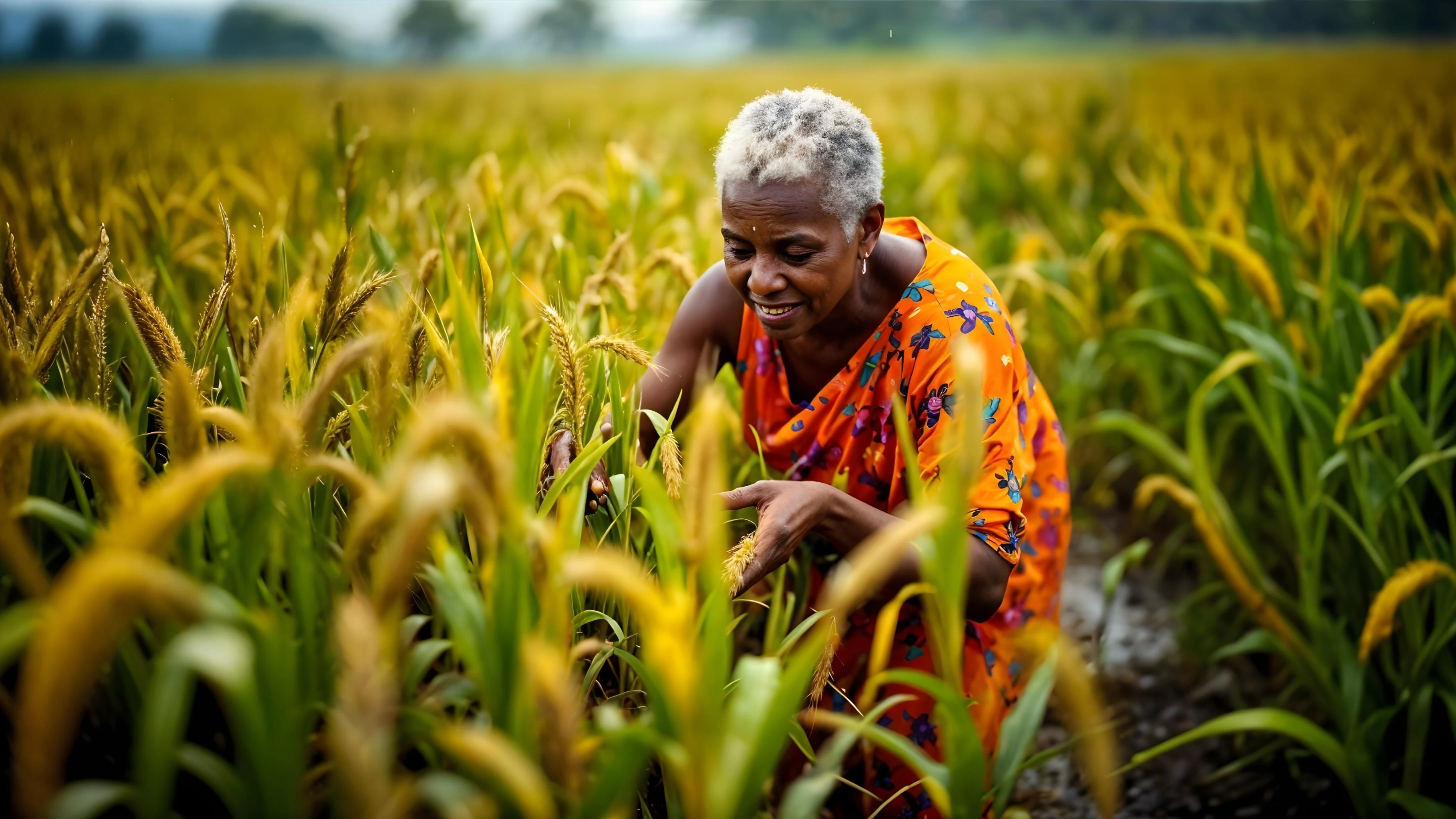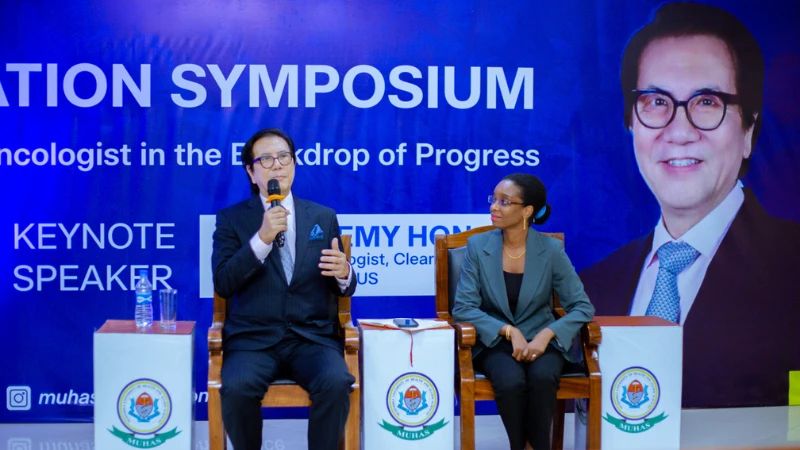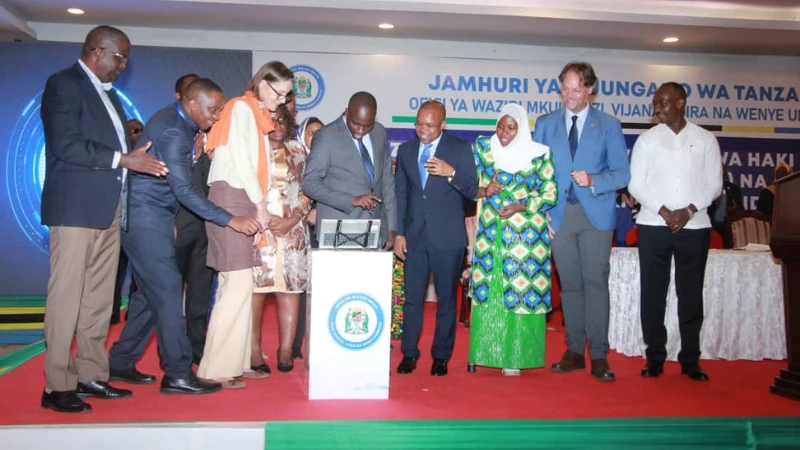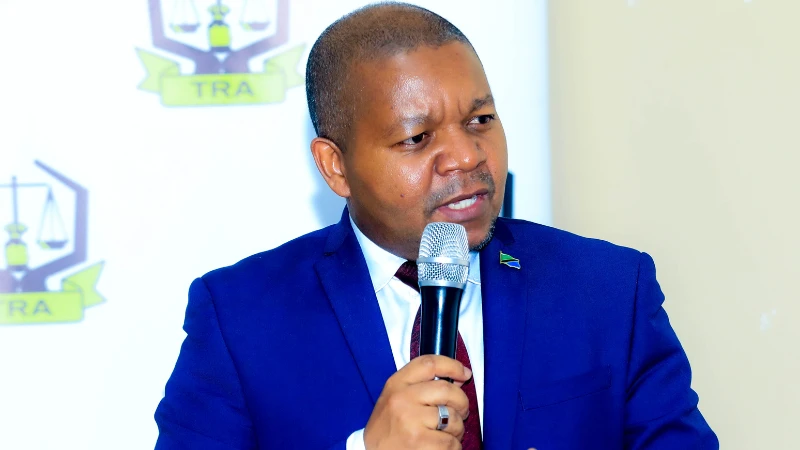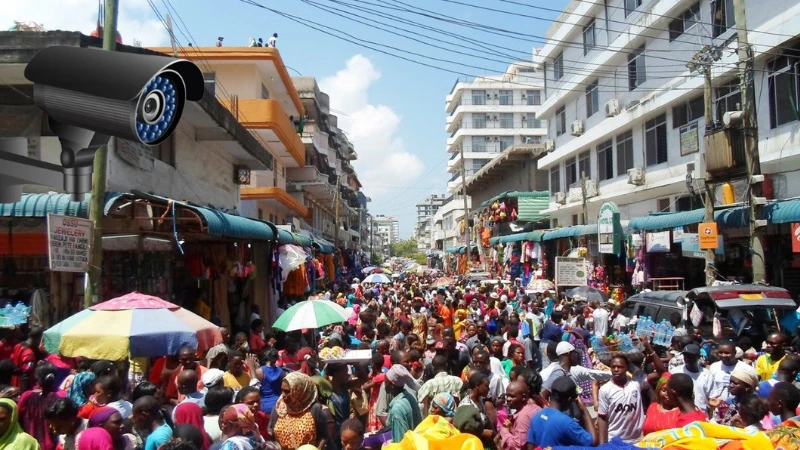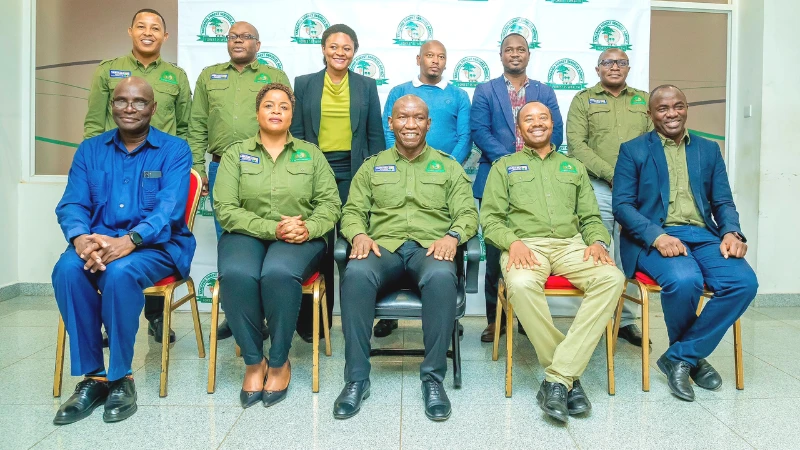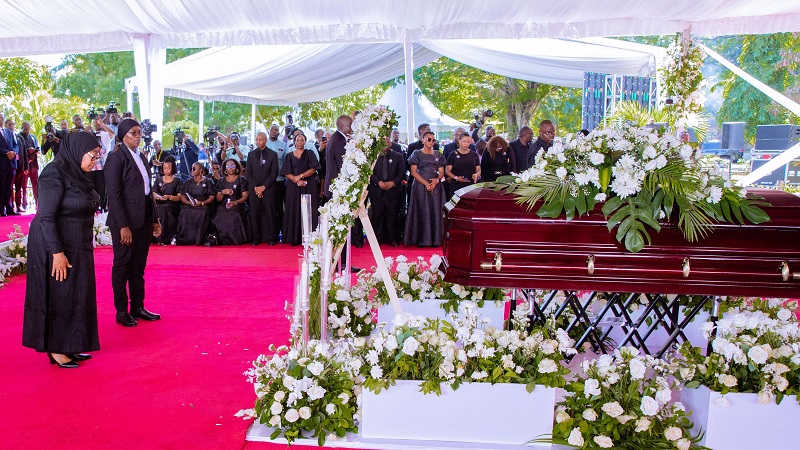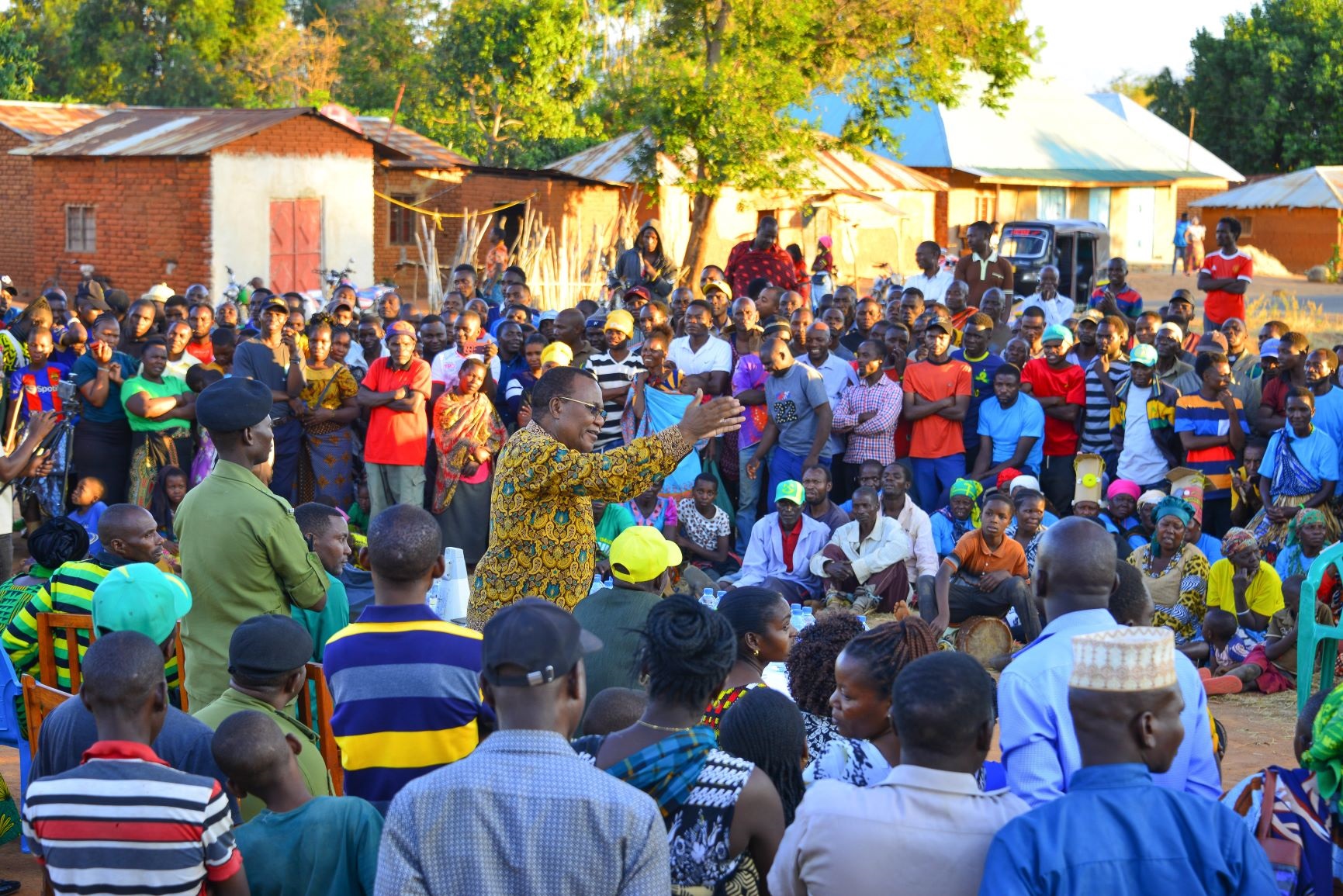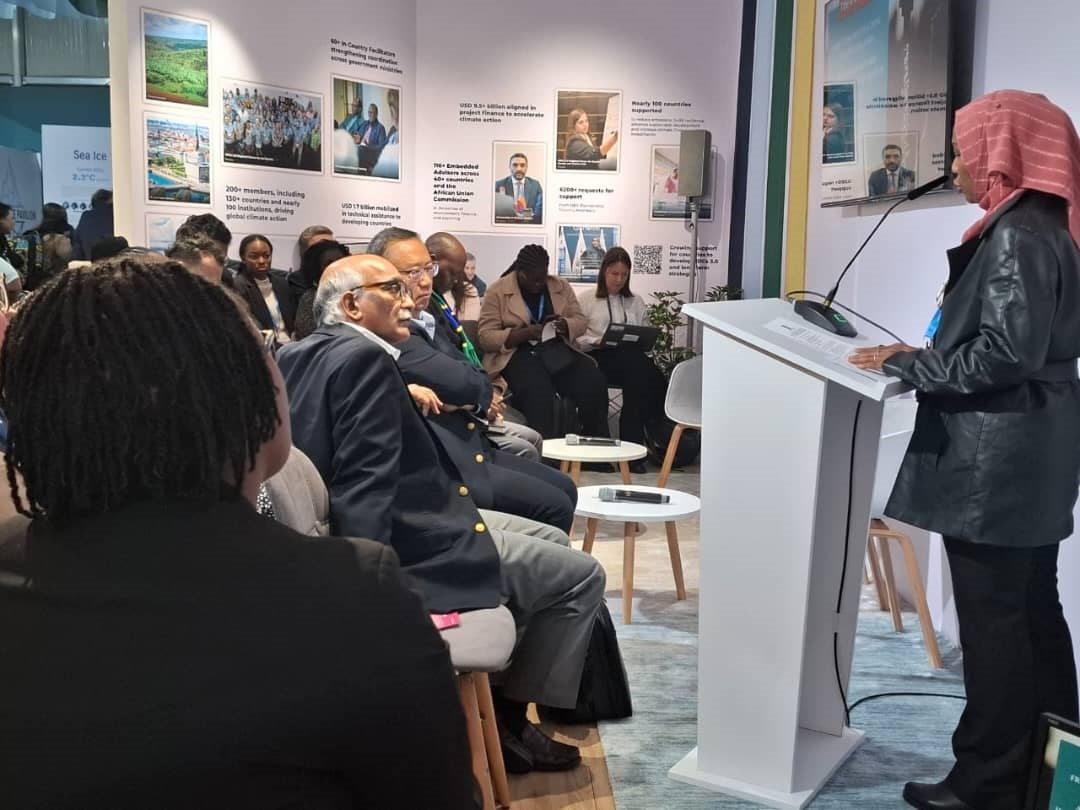Ministers consult on new TAZAMA pipeline works
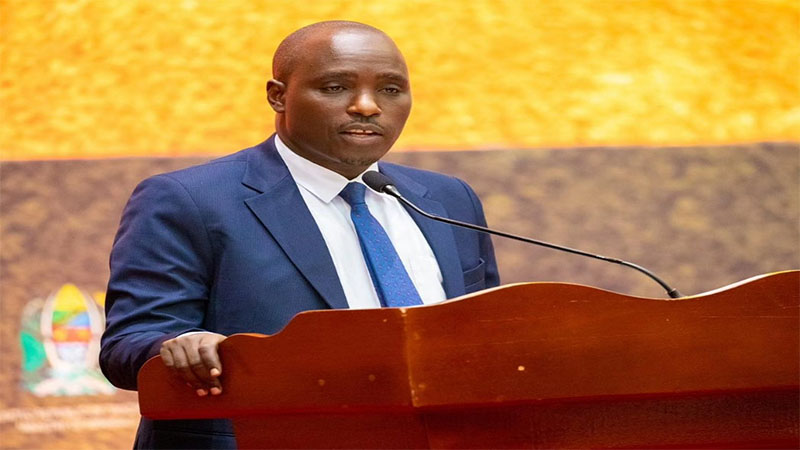
INCREASING investments in the Tanzania-Zambia Oil Pipeline (TAZAMA) by widening the pipeline from 12 inches to 24 inches is beginning to take effect with a key meeting between energy ministers of the two countries in the capital yesterday to lay the ground for the works.
Dr Doto Biteko, the deputy prime minister and Energy minister, told journalists after the meeting that the ministerial discussion was based on accords reached during the visit to Zambia by President Samia Suluhu Hassan in October last year, where the matter was raised in her talks with host President Hakainde Hichilema.
The ministers discussed the best ways on how the new oil pipeline of about 24 inches will be built from Dar es Salaam to the landlocked nation, where an online entry says TAZAMA Pipelines Ltd operates a 1,710 km long crude oil pipeline which runs from Dar es Salaam to Indeni refinery in Ndola, in the Zambian central region.
Widening the pipeline is meant to boost trade and meet the high demand for energy, meanwhile as the pipeline currently does not meet these requirements due the narrow width and low crude oil pumping capacity.
The minister held discussion with his Zambian counterpart Peter Kapala, attended by deputy minister Judith Kapinga, permanent secretaries Felchesmi Mramba and Dr Chisangano Zyambo, ministerial executives and corporate entities in the oil sub-sector.
Economic growth in the two countries has uplifted the demand for oil so the two countries have to build a big new pipeline to transport oil from the port of Dar es Salaam that will be built next to the TAZAMA oil pipeline.
It will also transport oil to the southern regions of Tanzania and thus reduce transportation costs and provide the people with cheap fuel, the host minister declared, noting that the pipeline will have the same length of 1,710 km, taking up $2.5bn investments.
The new pipeline will provide for unloading services in Morogoro, Makambako, Mbeya and Songwe, ending bulk transportation by trucks to those regions.
A team of negotiators is starting work right away on how the project will be carried out, he said, elaborating that the government is ready to implement the strategic project.
The good relations between two countries enable project initiatives and implementation, including the TAZAMA pipeline and the 400 kV electricity transmission project, he specified.
The visiting minister said that the country really needs the project and the president expects that the implementation will be carried out speedily, such that it can be completed within two years.
Many companies have shown interest in taking portions of the project, where the proposals will be evaluated by experts to find the best companies, he said, pointing out that putting up new copper mines enhances the need for fuel, pushing the Zambian government to closely follow the project.
The TAZAMA pipeline was built in 1968, carrying oil at an affordable, sustainable economic cost, with capacity for 1.2m tonnes annually.
Top Headlines
© 2024 IPPMEDIA.COM. ALL RIGHTS RESERVED









